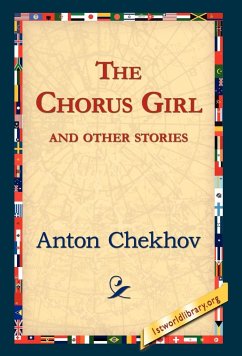
The Chorus Girl and Other Stories
Versandkostenfrei!
Versandfertig in über 4 Wochen
27,99 €
inkl. MwSt.

PAYBACK Punkte
14 °P sammeln!
ONE day when she was younger and better-looking, and when her voice was stronger, Nikolay Petrovitch Kolpakov, her adorer, was sitting in the outer room in her summer villa. It was intolerably hot and stifling. Kolpakov, who had just dined and drunk a whole bottle of inferior port, felt ill-humoured and out of sorts. Both were bored and waiting for the heat of the day to be over in order to go for a walk. All at once there was a sudden ring at the door. Kolpakov, who was sitting with his coat off, in his slippers, jumped up and looked inquiringly at Pasha.



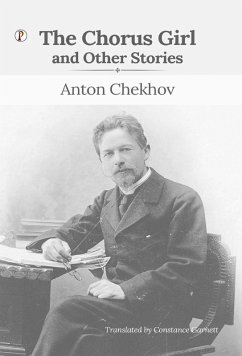
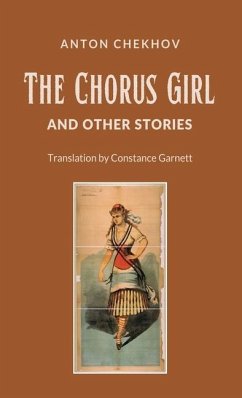
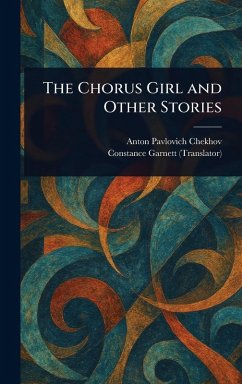
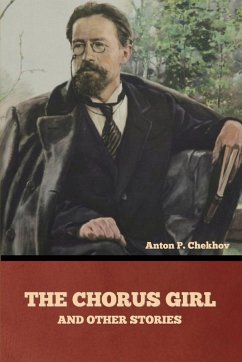

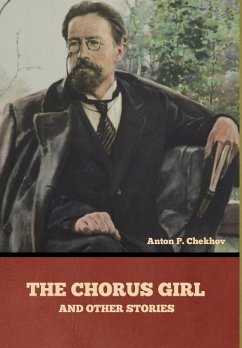
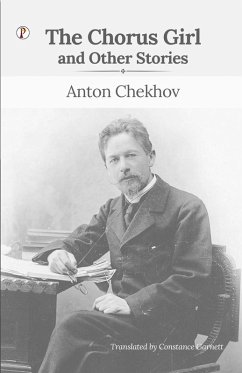
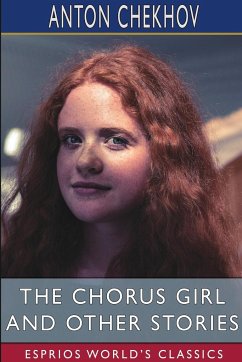
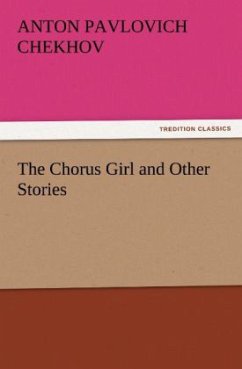
![The Chariot Jubilee: Motet for Tenor Solo and Chorus of Mixed Voices [With] Accompaniment of Organ (Piano) Or Orchestra Cover The Chariot Jubilee: Motet for Tenor Solo and Chorus of Mixed Voices [With] Accompaniment of Organ (Piano) Or Orchestra](https://bilder.buecher.de/produkte/67/67263/67263119n.jpg)